Why is a South Korean fringe group backing Japan's position on WWII 'comfort women'?
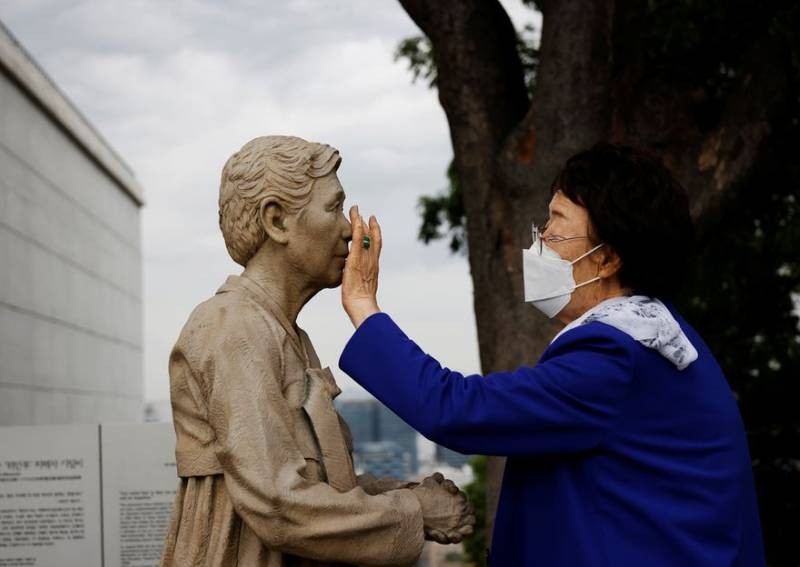
They have been accused of being traitors, found guilty of defamation by courts, threatened online countless times and even assaulted in the street, but a group of South Korean activists and academics refuse to give in to the mainstream belief in their homeland on the issue of "comfort women".
The group's position runs contrary to the UN Special Rapporteur's 1996 report on violence against women.
In that, Radhika Coomaraswamy defined the comfort women system as sexual slavery and urged the Japanese government — which has often called the women prostitutes, not sex slaves — to acknowledge its legal responsibility and to pay compensation to the victims, who were mainly Korean but were also from the Philippines, China and other East Asian countries.
Nevertheless, the End Comfort Women Fraud civic organisation has united several smaller groups that perceive Korea's history differently, including the Free Youth League, the Korean Society for Modern and Contemporary History and the National Enlightenment Movement Headquarters.

Around 40 people make up the core of the organisation, drawn from academia, politics and activism.
And although the group is widely derided in domestic media as being ultra-rightist and revisionist, its members prefer to describe themselves as conservative.
Four of its campaigners are travelling from South Korea to Germany for weekend talks with Berlin city elders about a statue of a comfort woman unveiled in the Mitte district in September 2020.
They want to explain their view that information on a panel next to the statue is incorrect and perpetuates a one-sided interpretation they say is not supported by historic evidence, and they also want the statue removed.
However, an offer to meet representatives of Korea Verband, the civic group in Berlin that arranged for the statue to go on public display, has already been rebuffed, the group said, while German police have informed them they are likely to face a fierce reception in the city.
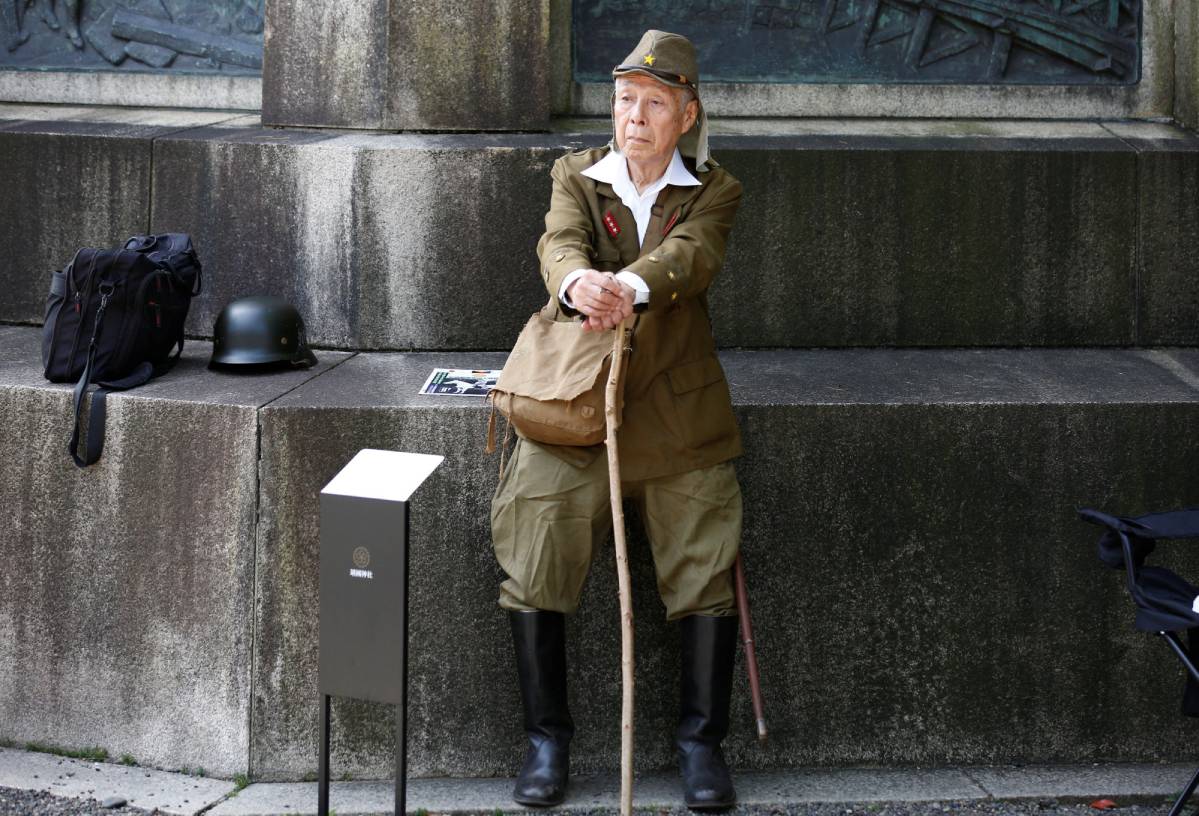
PHOTO: Reuters
Nevertheless, the activists insist that unless South Korea can move on from the colonial occupation of the Korean peninsula a century ago, then the nation's reputation and security are in jeopardy.
"The Mitte district originally approved a statue that would symbolise victims of war, in particular women who were victims of sexual violence in wartime, but when the statue was unveiled the inscription on a panel was very different," said Kim Byung-heon, director of the Korean History Textbook Research Institute.
The activists had opposed the original concept of erecting statues of comfort women.
They also say the description accompanying the statue changed from an earlier proposal for a broad condemnation of violence against women to a very specific condemnation of Japan.
"The inscription says the Japanese military abducted thousands of women and enslaved them as 'sex slaves'," he said.
That description of history is widely accepted in South Korea, the academics agree, but their own understanding of history is deeply unpopular in their homeland.
According to Kim, Dr Lee Woo-yeon, co-author of the bestselling Anti-Japanese Tribalism and a member of the Naksungdae Institute of Economic Research, Joo Oksoon, a former politician with the Liberty Korea Party, head of End Comfort Women Fraud and executive director of South Korea's Mothers Broadcasting Station, there is clear evidence of contracts being signed for women to work in brothels for the military during the years of Japan's colonial rule.
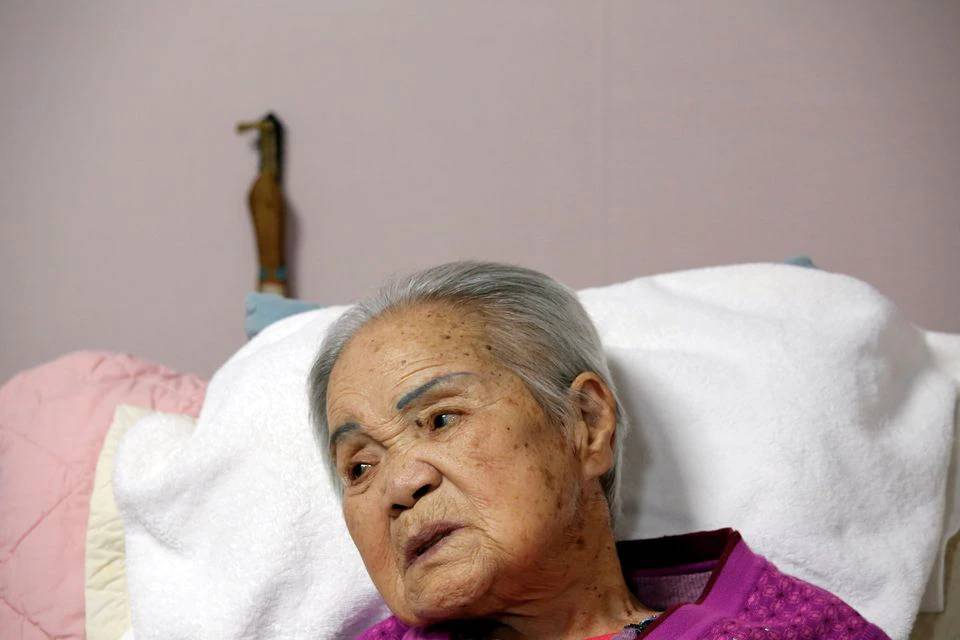
PHOTO: Reuters
Often the contracts were signed by a young woman's parents, something that Koreans do not like to think about, they said, with little evidence that women were dragooned into prostitution against their will, and they say the women were permitted to return home after they completed their contracts.
They were indeed sex workers, the academics agree, but the often-used term "sex slaves" is incorrect, in their view, as that suggests the women were coerced into working in brothels for the Japanese military.
The term "sex slaves," they insist, is deceptive because it is emotionally charged as well as being simply wrong; they say the women were actually contracted, paid and permitted to leave their places of work at the end of their contracts, which were for a minimum of six months but typically for a year.
Others have pointed out that poverty was endemic in rural parts of Japan-controlled Korea and brokers took advantage of that to recruit young women.
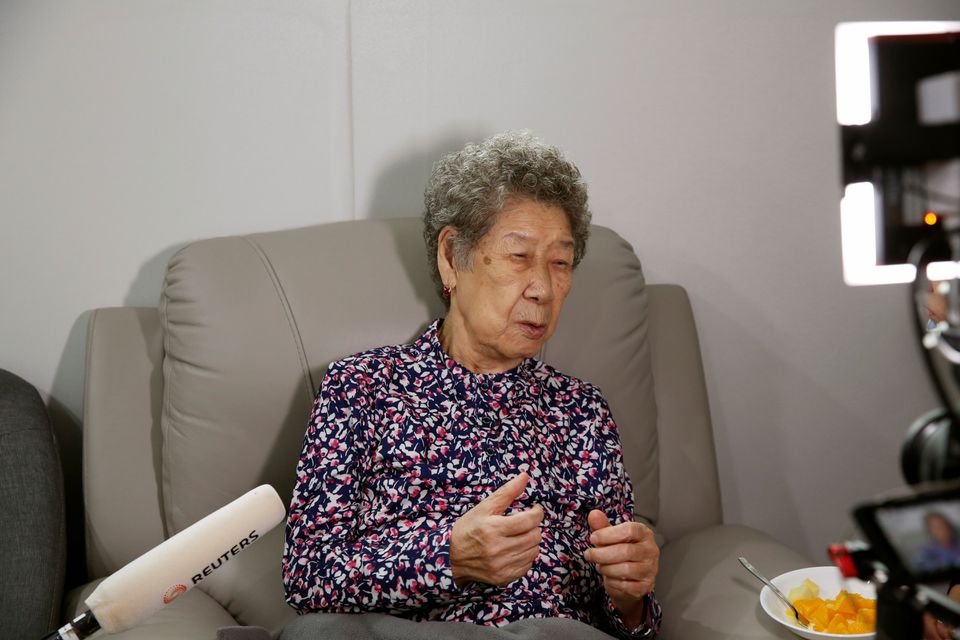
PHOTO: Reuters
Still, the group has pointed out what it claims are discrepancies to the Mitte authorities in Berlin, Kim said, and requested changes to the panel, but the local Korean group lobbied hard and the statue remains, as does the original accompanying sign.
The academics are also disappointed that Berlin has extended the initial agreement for the statue to remain in place for a year, their concern being that it could become a permanent fixture and be used to support efforts to erect similar statues and plaques in other cities.
There are at least 30 comfort women statues around the world and Kim, Lee and Joo hope that getting the outcome they want in Berlin might help them convince other local authorities to remove their statues.
The group says the statues should go as they are widely described as representing a young girl forcibly taken to work in military brothels, which they insist is inaccurate.

"I wrote my book because there is fundamentally an anti-Japanese sentiment in Korean society, a tribalism rooted in nationalism, meaning that Korean people are reluctant to accept evidence of anything less than the Japanese being devils and all Koreans good," said Lee, who has been physically attacked twice and also pelted with eggs and flour for his beliefs.
"There is also the deep-rooted belief that Koreans are always the victims and the Japanese always the perpetrators, and that narrative has played a big part in shaping the national sentiment," he added.
Yet Kim says since September 2020 there has been a noticeable decline in physical and verbal attacks on anyone who puts forward alternative interpretations of the comfort women narrative.
At that time, South Korean prosecutors indicted a member of parliament and the head of an advocacy group on eight charges of fraud and embezzlement.
Yoon Mee-hyang resigned as head of the Korean Council for Justice and Remembrance for the Issues of Military Sexual Slavery by Japan after a prominent victim accused her of exploiting the comfort women to obtain public donations and government funds, much of which she was accused of spending on herself.
Yoon has denied the charges and the case continues, but the coverage has damaged the comfort women's campaign for justice.
"We saw a big change in public sentiment at that time," said Kim, pointing out that before Yoon's arrest, it was impossible to challenge her version of events.
Kim and his colleagues also point out that claims that comfort women were forcibly abducted, forced to work and denied basic human rights have been further damaged by the council "doing nothing" to challenge North Korea on its appalling human rights record.
This, they claim, is evidence of the council's pro-Pyongyang sympathies rather than a genuine concern about the well-being of victims of human rights abuses.
"Under the administration of [former President] Moon Jae-in, it was very difficult to explain to officials in Berlin, but we really believe we need to make our voices heard now," said Joo.
"Under Moon, the relationship with Japan was at its lowest ebb since the war," she said. "We believe that the most important thing right now is to re-establish military ties with Japan, as well as with the US, for security reasons.
"Economic ties with Japan have also suffered, but we need to revive that trade for our own national interests," she added. "South Korea may be small, but we are strong and we have a trade-driven economy, so the concept of tribalism is old-fashioned and damaging to the nation."
Kim concurred, saying, "The primary reason for our visit to Germany is to correct the false narrative surrounding the comfort women because it is hurting the South Korea-Japan relationship, but is also hurting Korea's ties with Germany and other countries.
"If this situation continues, South Korea will be labelled as a country where falsehoods are treated as facts and we will be isolated in the international community."
This article was first published in South China Morning Post.
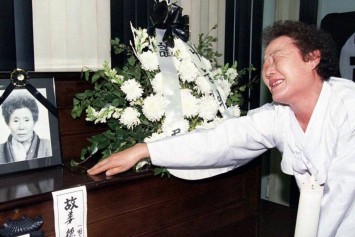
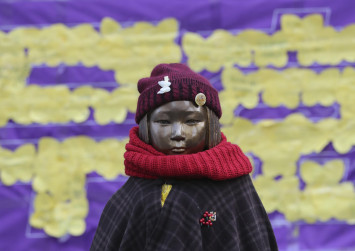
No comments:
Post a Comment